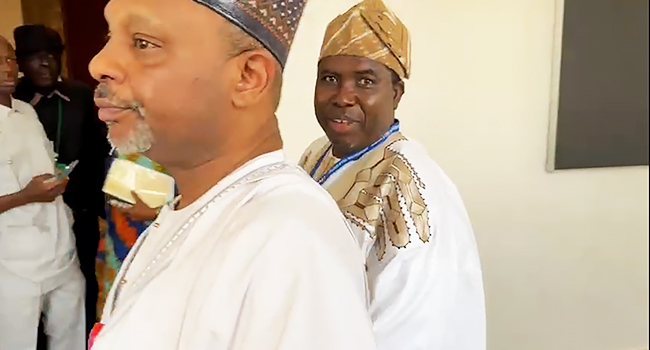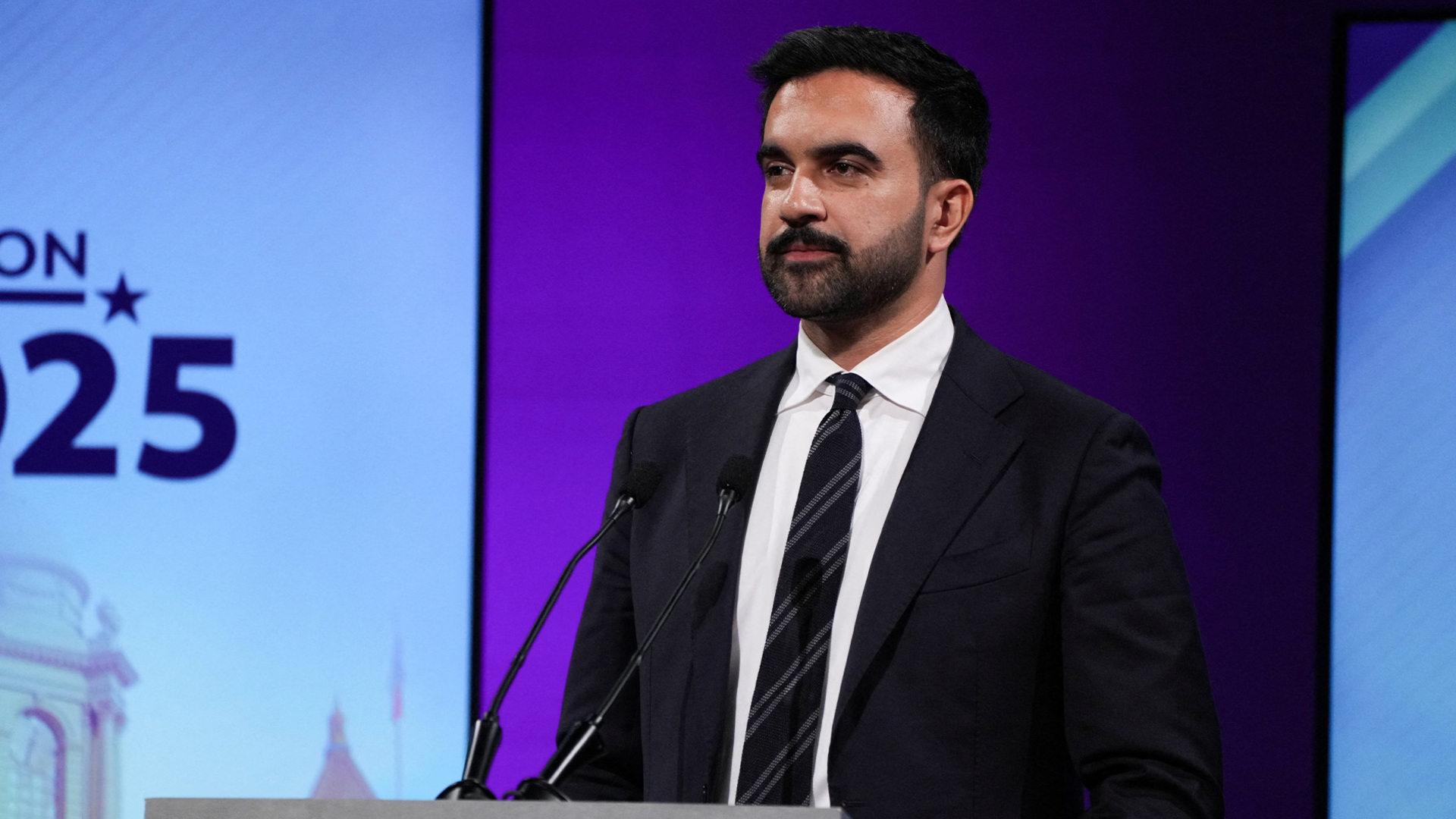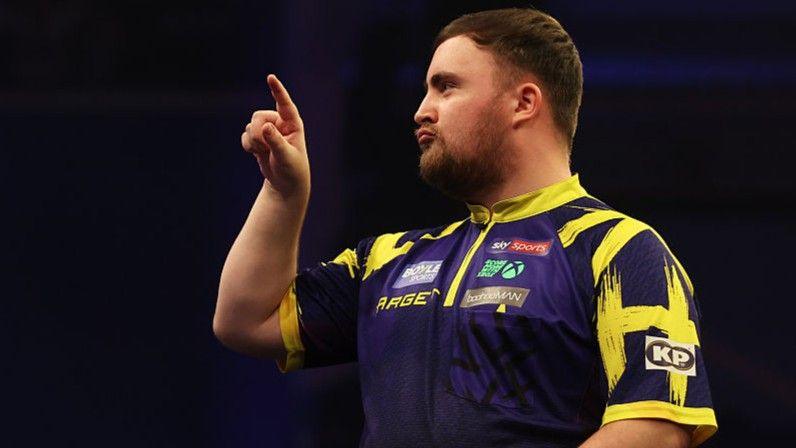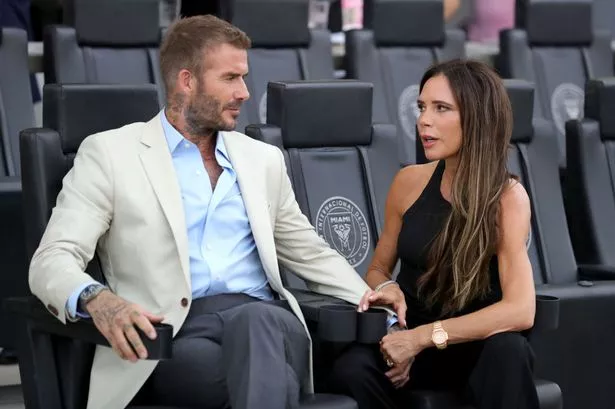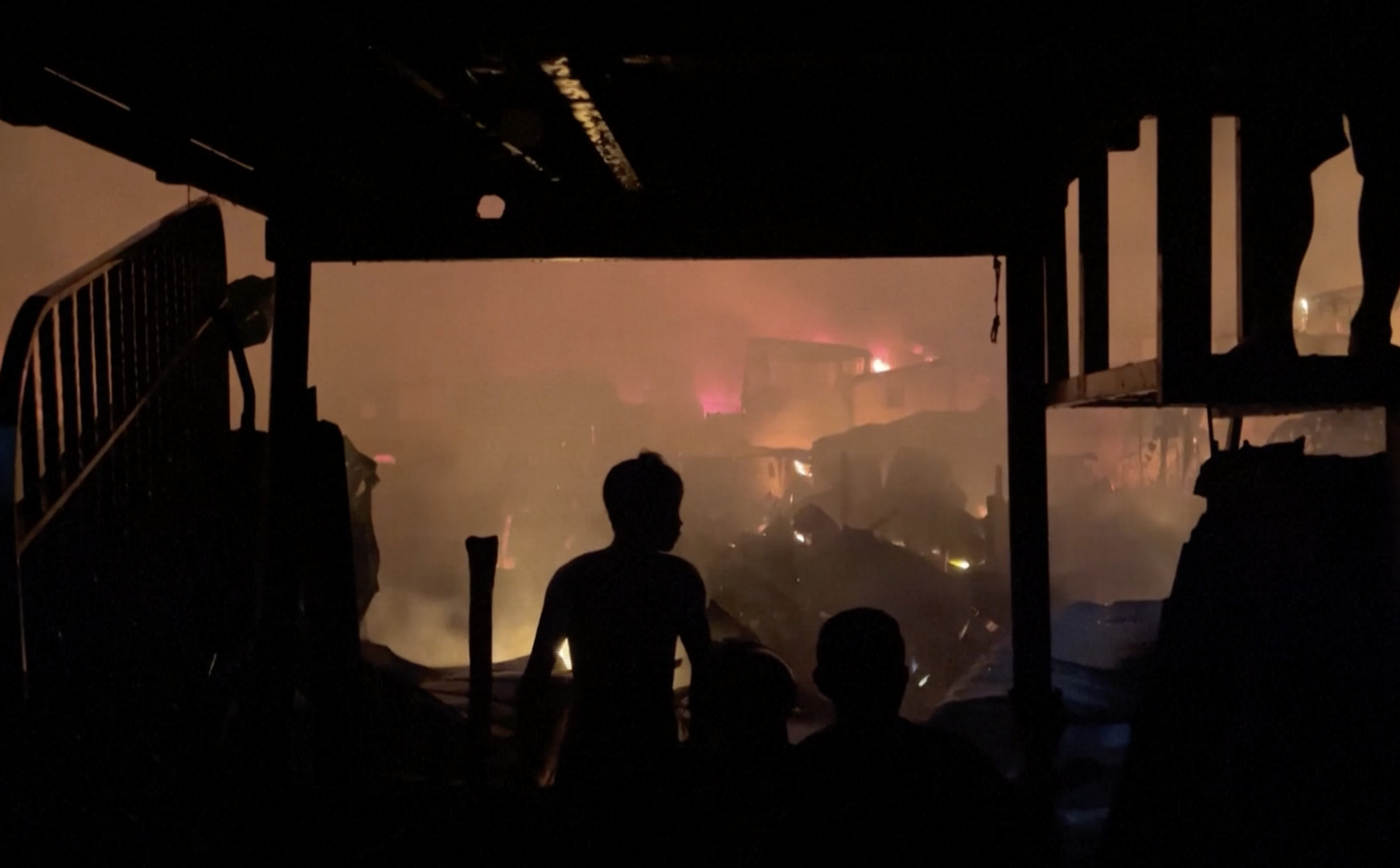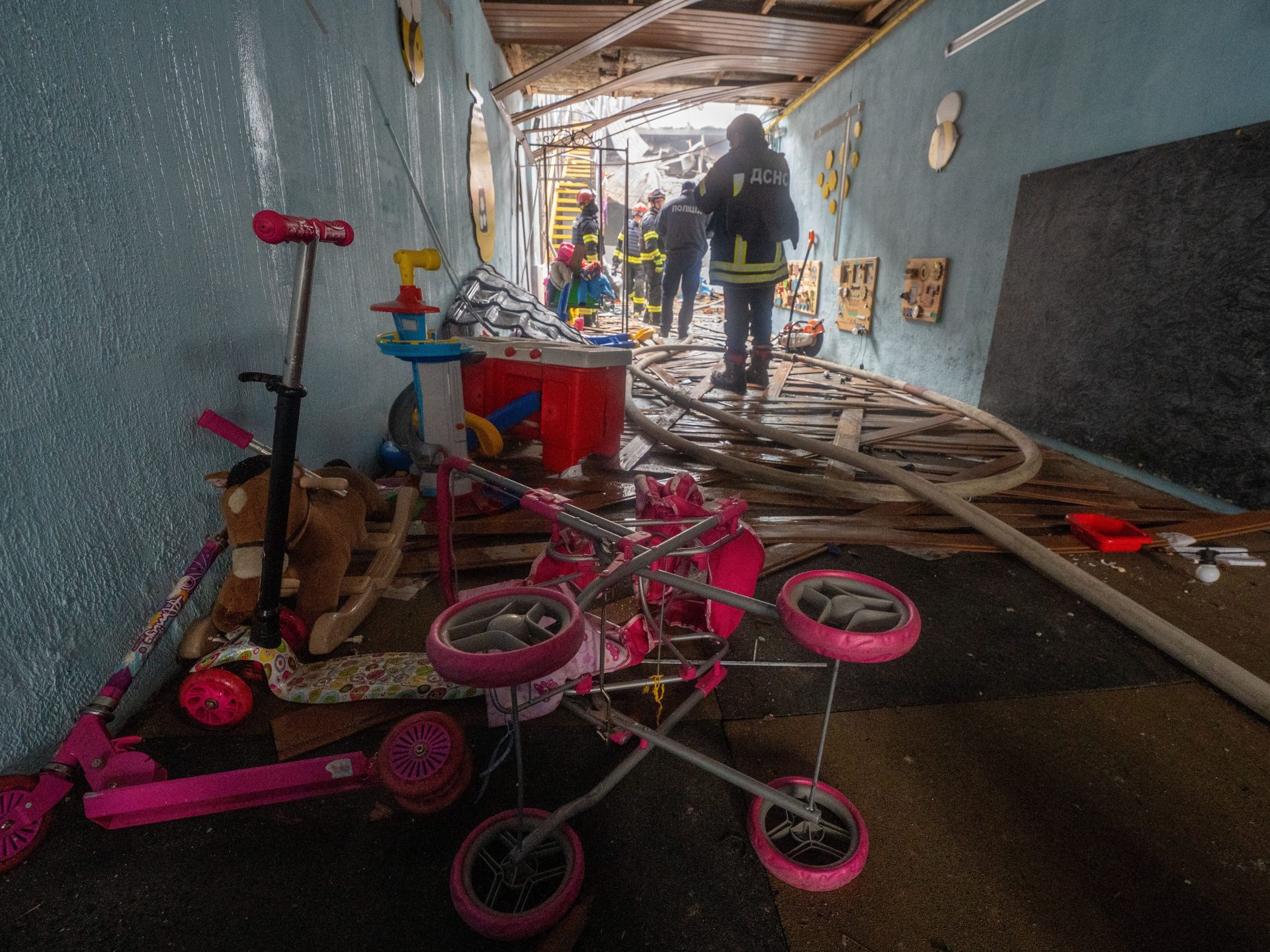The European Union is preparing to adopt a new round of sweeping sanctions against Russian energy exports on Thursday, a day after United States President Donald Trump imposed similar measures against Moscow amid setbacks to his efforts at diplomacy with Vladimir Putin.
These steps come as Russia and Ukraine are increasingly targeting each other’s energy infrastructure in an attempt to make it economically harder to wage war.
On the ground, Russia’s war in Ukraine remained stagnant.
Russia claimed it had taken another handful of villages during the past week – Tykhe and Pishchane in Kharkiv, Novopavlivka, Chunyshyne and Pleshcheyevka in Donetsk, Poltavka in Zaporizhia and Privillia in Dnipropetrovsk.
On the whole, however, Ukrainian front lines remained resilient and Russia scored no major breakthrough.
“I think that their army is weak now,” Ukrainian President Volodymyr Zelenskyy said during a visit to the White House on Friday. “They have a lot of losses in economy and people.”
He urged Trump to use that weakness to force Russia to the negotiating table, saying he was prepared to meet with Russian President Vladimir Putin one-on-one.
Just before that meeting, Trump had spoken to Putin and had seemingly pulled back on previous suggestions that the US might supply Ukraine with Tomahawk missiles. After the call, Trump said that he hoped the US would not need to share those missiles with Kyiv.
“We need Tomahawks … you’re talking about massive numbers of very powerful weapons … Hopefully, we’ll be able to get the war over with without thinking about Tomahawks.”
Trump also announced that he would be meeting with Putin in Budapest over the next two weeks.
But that attempt at direct diplomacy with his Russian counterpart fell through this week, when the US president said he wouldn’t be meeting Putin any more, suggesting that it would be a waste of time.
“Every time I speak to Vladimir, I have good conversations and then they don’t go anywhere,” Trump said on Wednesday at the White House, with NATO Secretary-General Mark Rutte seated next to him.
Russia had, a day earlier, rejected Trump’s latest proposal for a ceasefire along existing lines of control in Ukraine – a pitch that Kyiv and major European powers backed.
Indeed, despite losing slivers of territory, Ukraine feels it has certain advantages – particularly in long-range warfare against the Russian rear.
Energy attacks
Since late summer, Ukraine has stepped up a targeted campaign to take out Russian refineries, depriving Moscow of gasoline for its economy and diesel for its war machine.
Ukraine had successfully struck Russian energy infrastructure 58 times since August, compared with three times in June and July, according to a Reuters analysis. Ukraine is believed to have destroyed or damaged about a fifth of Russia’s refining ability.
Just in the past week, Ukraine has struck several facilities.
On Sunday, Russia’s gas processing complex at Orenburg, 1,200km southeast of Moscow, was forced to shut down its gas intake from Kazakhstan after being struck by Ukrainian drones. The strike caused a massive explosion and fire at the plant.
The Novokuibyshevsk oil refinery in Russia’s Volga region also stopped processing crude oil after being struck on the same day.
Russian energy facilities were struck in its Bryansk region and neighbouring Smolensk on Tuesday, said Andriy Kovalenko, the head of Ukraine’s Center for Countering Disinformation. “Our forces also took out the Bryansk chemical plant,” he said.
Other strikes were thwarted. Russia said it downed at least 88 Ukrainian long-range drones over its border regions during the week.
But the cumulative effect of Ukraine’s attacks has been felt. Petrol prices in Russia have risen, and rationing has been introduced in some regions.
Satellite images captured on October 17 showed that Ukrainian drones had severely damaged at least 11 main storage tanks at the Feodosia oil terminal in Crimea, used by Russia to supply its forces in southern Ukraine. Ukraine’s General Staff believed at least 16 tanks to be damaged, and Frontelligence Insight, an open-source analyst, put the number at 19.
Through the attacks, Ukraine has also successfully struck at Russia’s ability to sell its oil for export revenue.
In an address to Ukrainians on October 15, Zelenskyy called Ukraine’s long-range capabilities “the things that truly affect Russia’s war potential and noticeably reduce it”.
“There has been an increase both in the range and in the accuracy of our long-range [capabilities] against Russia,” Zelenskyy said on Sunday.
At the White House on Friday, Zelenskyy sought to convince Trump — unsuccessfully for the moment — to allow Ukraine access to the Tomahawk cruise missiles, with a 2,500km (1,550-mile) range.
Currently, Ukraine’s most powerful missile is the Anglo-French Storm Shadow, with a range of about 500km.
Ukraine produces drones that have struck Russian refineries 2,000km away, and wants missiles to match that range to create combined strikes, Zelenskyy said at the White House.
He offered Ukrainian drone technology and production know-how in exchange for the Tomahawks.
But Russia has said it would regard the transfer of Tomahawks to Ukraine as an escalation. A top Russian diplomat told reporters on Friday that it would “elevate the risks in the security sphere – not only European, but global security as well”.
Russian strikes
Russia, meanwhile, has mirrored Ukraine’s tactics, targeting its electricity production, according to an analysis by Ukrainian Pravda. The newspaper found that during July and August, Russia had targeted Ukraine’s power stations in the east of the country, forcing massive transfers of electricity from power stations in the west. It had switched to targeting substations and power lines during July and August, to cause a blackout in the east.
Russia has also not spared coal, which Ukraine uses to generate electricity. Ukrainian coal miner DTEK said Russian drones had struck one of its mines in Dnipropetrovsk, in the country’s southeast, and had struck three more of its mines in the past two months.
Russia’s long-range capabilities are greater than Ukraine’s. Between October 16 and 22, Russia launched 859 drones and 77 missiles into the beleaguered country. Ukraine intercepted three-quarters of the drones but fewer than half the missiles, many of which were ballistic.
Zelenskyy has repeatedly called for more air defence systems from his allies. Despite initial reports of an acrimonious meeting with Trump on Friday, Zelenskyy described the meeting as “positive” and said Ukraine was preparing to buy 25 Patriot air defence systems.
Sanctions a route to peace?
Trump and the EU have until recently taken opposite approaches to peace, with Trump believing in a deal between superpowers and European leaders siding with Zelenskyy in calling for more pressure on Putin.
That appeared to change this week.
On Wednesday, Trump imposed sanctions on Russian oil giants Rosneft and Lukoil, with the threat of risks to foreign financial institutions that do business with these firms — a warning that could make it harder for countries like India to continue to buy oil from Moscow.
Earlier in the week, Trump called for an immediate halt to the war and for current battlefield control lines to serve as the starting point for subsequent negotiations.
Ukraine and Europe quickly accepted Trump’s proposal.
“We strongly support President Trump’s position that the fighting should stop immediately, and that the current line of contact should be the starting point of negotiations,” said the leaders of Europe’s five biggest economies and leading Ukraine allies in a statement on Tuesday.
Russian Foreign Minister Sergey Lavrov, however, said that an immediate ceasefire along existing contact lines was not acceptable to Moscow.
To Europe, this apparent dissonance between Trump and Putin offers an opportunity to further batter Russia’s flagging war economy.
“We must ramp up the pressure on Russia’s economy and its defence industry, until Putin is ready to make peace,” said the European leaders in their statement.
The EU’s upcoming 19th package of sanctions will take important steps in curtailing the oil and gas that Europe currently imports from Russia.
The Council of EU energy ministers said the bloc would phase out all Russian gas during the course of next year.
The EU never banned Russian gas as it banned Russian oil imports, and last year imported 51.7bn cubic metres of it. Greenpeace recently discovered that France, Spain, Belgium and the Netherlands bought 34.3 billion euros ($40bn) of Russian LNG last year, but among them gave 21.2 billion euros ($24.5bn) in various forms of support to Ukraine.
The EU’s new sanctions are also expected to use 140 billion euros ($162bn) in cash reserves belonging to Russia’s central bank but immobilised on EU soil as collateral for a loan of equal size to Ukraine. A draft of this measure, seen by Reuters, would set aside most of the money for Ukrainian purchases of European weapons, with some going to US weapons like the Patriot systems.
The EU would thus use Russian money to develop Ukraine’s defences and rebuild the European defence industry, despite Moscow railing against such a move for months.
It was perhaps this that Zelenskyy was referring to when he told Ukrainians his meeting with European leaders was leading to “a strong and, in many ways, completely new agreement on our defence capabilities”.
The cash injection is timely. Military aid to Ukraine fell by 43 percent in July and August compared with the first half of the year, according to the Kiel Institute.
Lastly, the EU’s newest package would target third parties buying Russian oil.



